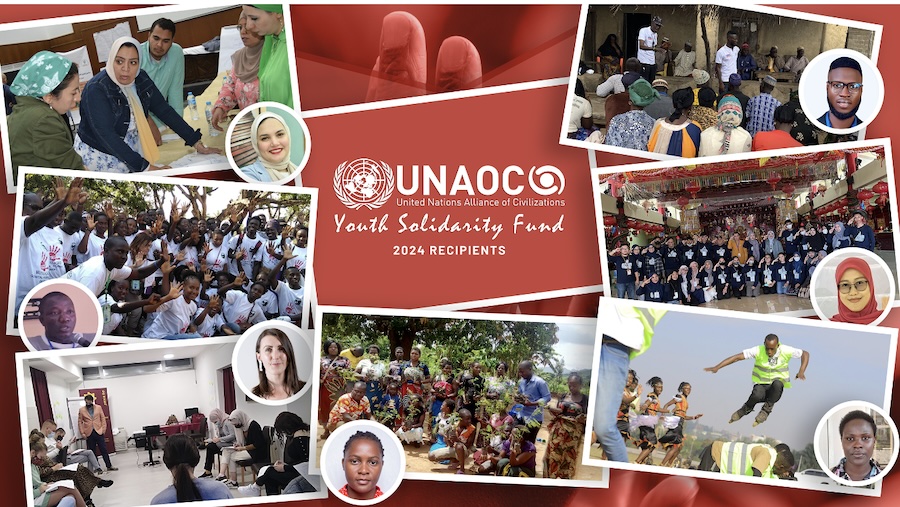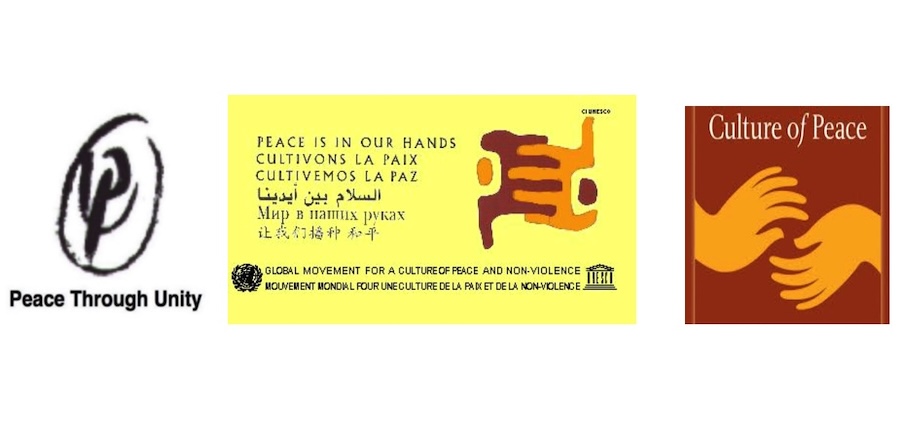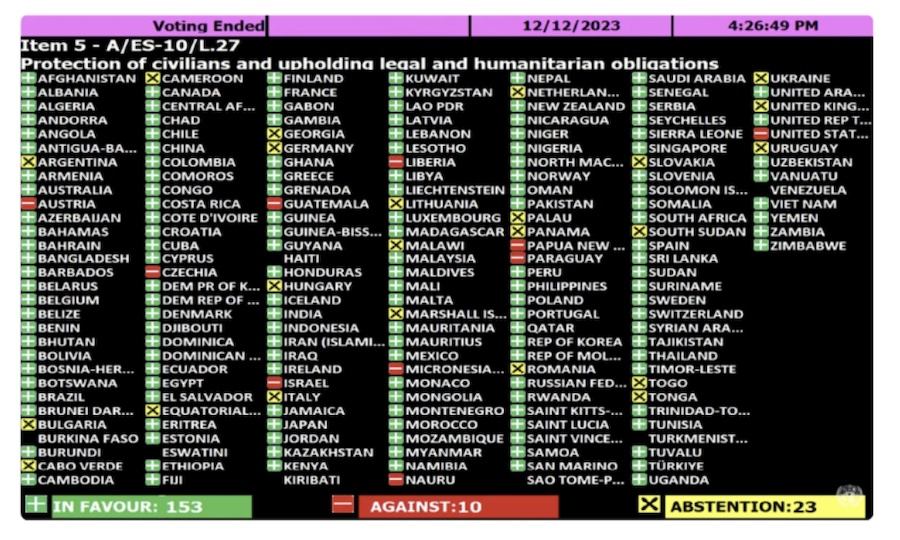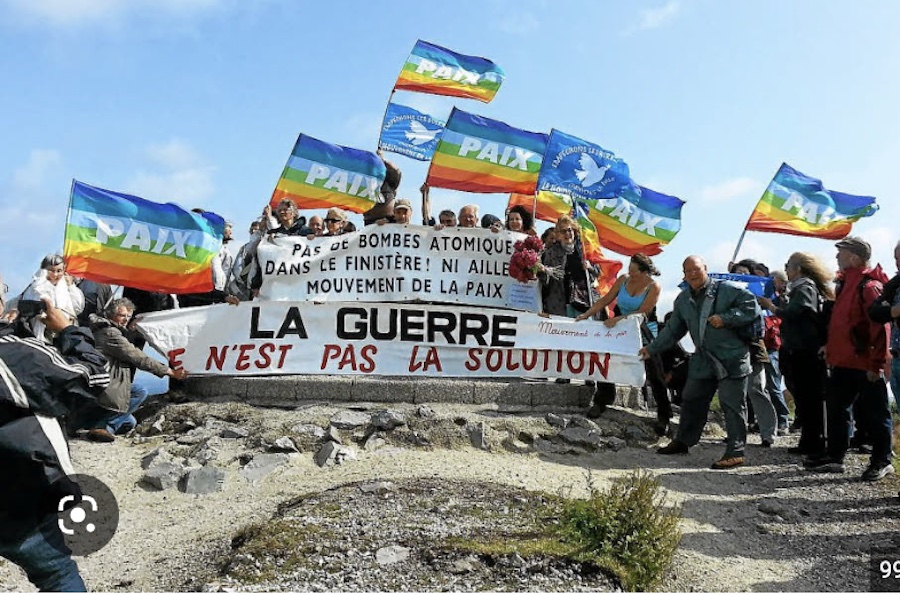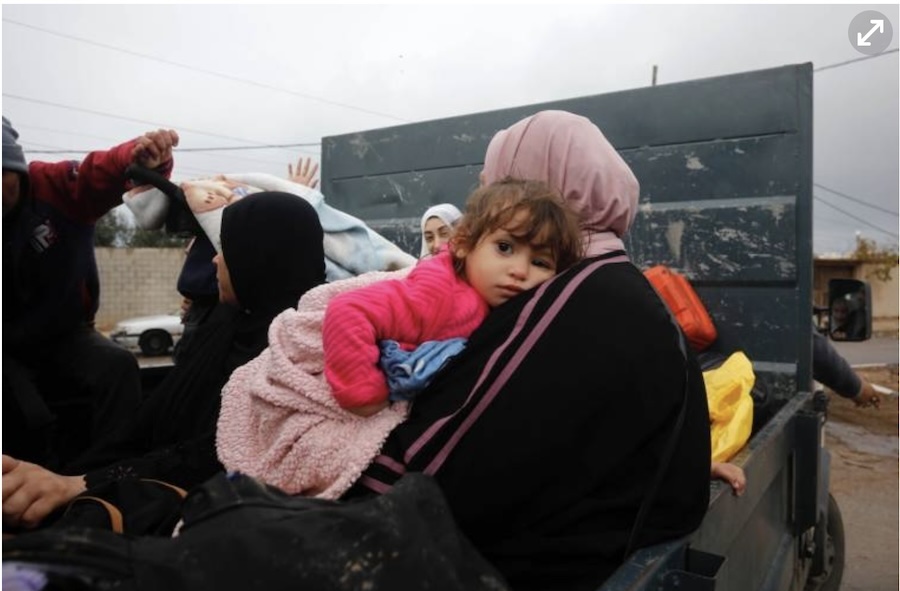DISARMAMENT AND SECURITY .
A submission on the UN Website for the Summit of the Future
From Fábrica dos Sonhos and Right to Dream Movement, www.fabricadossonhos.org / www.fabricadossonhos.net, Myrian Castello, Executive Director, mcastello@fabricadossonhos.net
Chapeau:
Embracing the urgency of our interconnected challenges and dreaming of the world we want to live in, we propose a Pact for the Future that amplifies commitment and action. Our vision is action-oriented, concrete, and transformative, fostering inclusivity, innovation, regenerative solutions and sustainability. By uniting nations and generations, we forge a path to a future where no one is left behind.

Chapeau:
Embracing the urgency of our interconnected challenges and dreaming of the world we want to live in, we propose a Pact for the Future that amplifies commitment and action. Our vision is action-oriented, concrete, and transformative, fostering inclusivity, innovation, regenerative solutions and sustainability. By uniting nations and generations, we forge a path to a future where no one is left behind.
Chapter I. Sustainable Development and Financing for Development:
1. Transform the global financial architecture to be more inclusive, just, and responsive, investing upfront in SDGs, climate action, and future generations. Re-soul and open space for new economies supporting initiatives and grassroots movements.
2. Reform global economic governance to enhance the voice and representation of developing countries, fostering coherence under the United Nations.
3. Ensure fair and diverse representation, and data based driven in decision-making.
4. Partnership and commitment of 1st, 2nd and 3rd sector, also between countries and generations.
5. Incentivize family agriculture to prevent food deserts and create opportunities so that people want to stay and work with the soil and food production.
6. Support indigenous communities including the demarcation of indigenous lands to protect their rights and preserve biodiversity.
Chapter II. International Peace and Security:
1. Reform the Security Council to reflect the global South’s diversity and ensure equitable representation.
2. Promote the New Declaration for a Culture of Peace in the XXI Century
What is the United Nations doing for a culture of peace?
3. Strengthen collective security through regional and local approaches and invest in sustainable development to address underlying drivers of conflicts.
4. Promote disarmament, prevent weaponization in emerging domains, and enhance peace operations with a focus on responsible innovation.
5. Invest in education and in a culture of peace.
6. Take care of the environment.
7. Exchange for good, knowing different realities is easier to empathize with and commit to make a change.
Chapter III. Science, Technology and Innovation, and Digital Cooperation:
1. Foster a culture of innovation, recognizing dreaming as a Universal Human Right and a new SDG.
2. Prioritize racial equality as a new SDG and human right, ensuring the inclusion of diverse voices in shaping the digital future.
3. Phase out fossil fuels, limiting global warming to 1.5°C, while supporting indigenous communities and embracing evidence-based decision-making.
Chapter IV. Youth and Future Generations:
1. Establish dedicated national youth consultative bodies to empower young voices in decisionmaking.
2. Create public policies and actions so that all can feel safe and with that they can dream and achieve more.
3. Recognize Dreaming as a Universal Human Right, infusing hope and aspirational thinking into policymaking.
4. Enshrine racial equality as a new SDG and human right, affirming our commitment to a diverse and inclusive global governance.
5. Cultivate opportunities for youth, mainly the ones living in outskirts and the countryside, ensuring their active participation in shaping the future.
Chapter V. Transforming Global Governance:
1. Decentralize decision-making to the local level, employing evidence-based approaches to address unique challenges.
2. Cultivate a culture of peace for all, emphasizing diplomacy, dialogue, and conflict resolution.
3. Bring culture and art to the local and global level.
4. Re-Humanize global leaders and people in power beyond their titles.
This concise document outlines actionable recommendations that, when implemented, will propel us toward a future characterized by sustainability, inclusivity, and a culture of peace.
We want to be part of the creation of the future that will make a better world for us all. Present and future generations.
